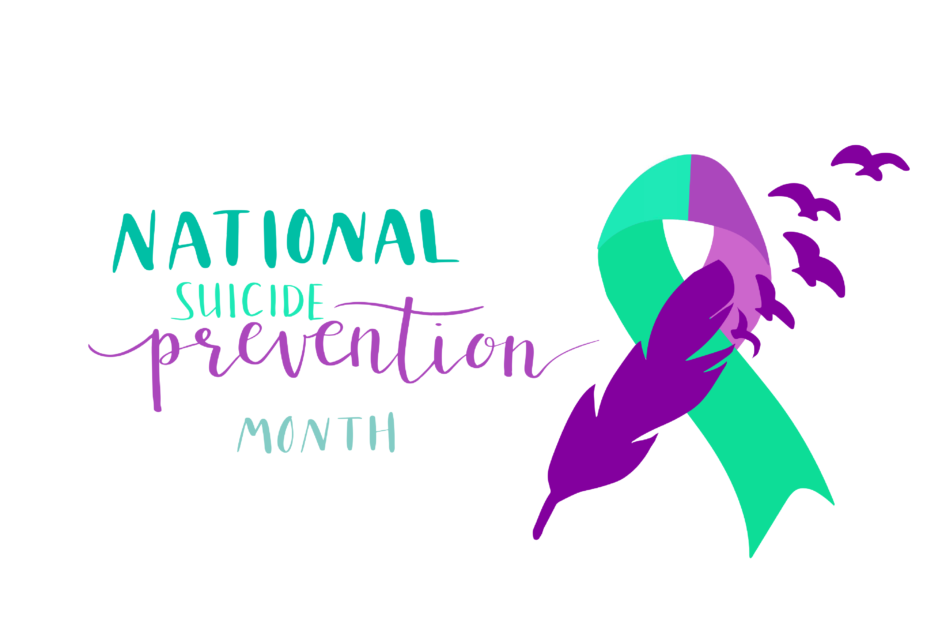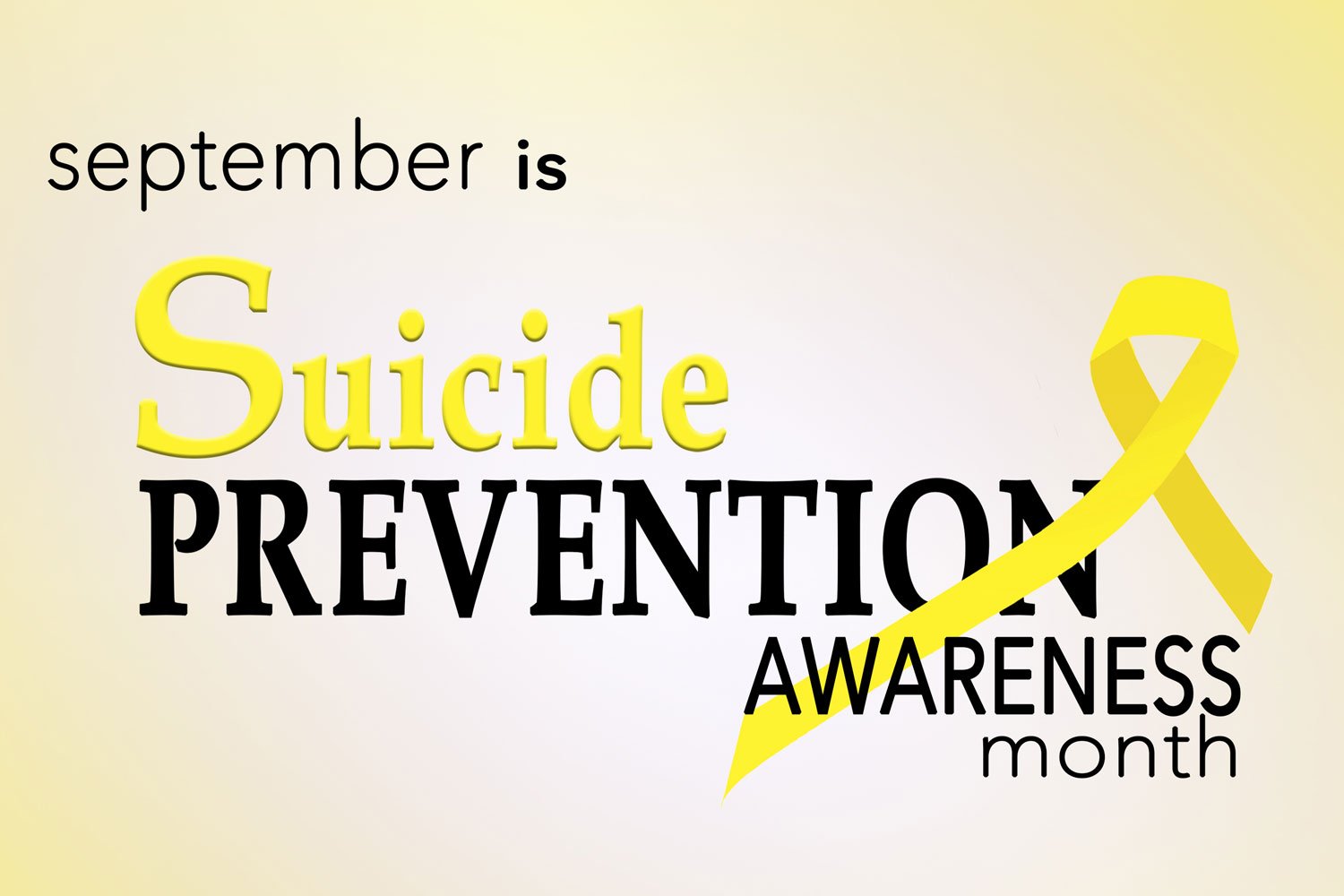
Introduction to World Suicide Prevention Month
Overview and significance of World Suicide Prevention Month
World Suicide Prevention Month is observed annually in September with the aim of raising awareness about suicide prevention and promoting mental health. It serves as a reminder that suicide is a global issue that affects individuals, families, and communities worldwide. During this month, various organizations, mental health professionals, and individuals come together to educate the public about the warning signs of suicide, provide resources for support, and promote strategies for prevention.
The significance of World Suicide Prevention Month lies in its ability to shed light on the importance of mental health and encourage open conversations about suicide. It provides an opportunity to reduce stigma surrounding mental illness and create a supportive environment where individuals feel comfortable seeking help. By increasing awareness and understanding, World Suicide Prevention Month plays a crucial role in saving lives and promoting overall well-being.
It is important to note that suicide prevention is not limited to a single month but requires ongoing efforts throughout the year. However, World Suicide Prevention Month serves as a dedicated time to focus attention on this critical issue and mobilize communities to take action. Together, we can work towards creating a world where mental health is prioritized, support is readily available, and lives are saved.
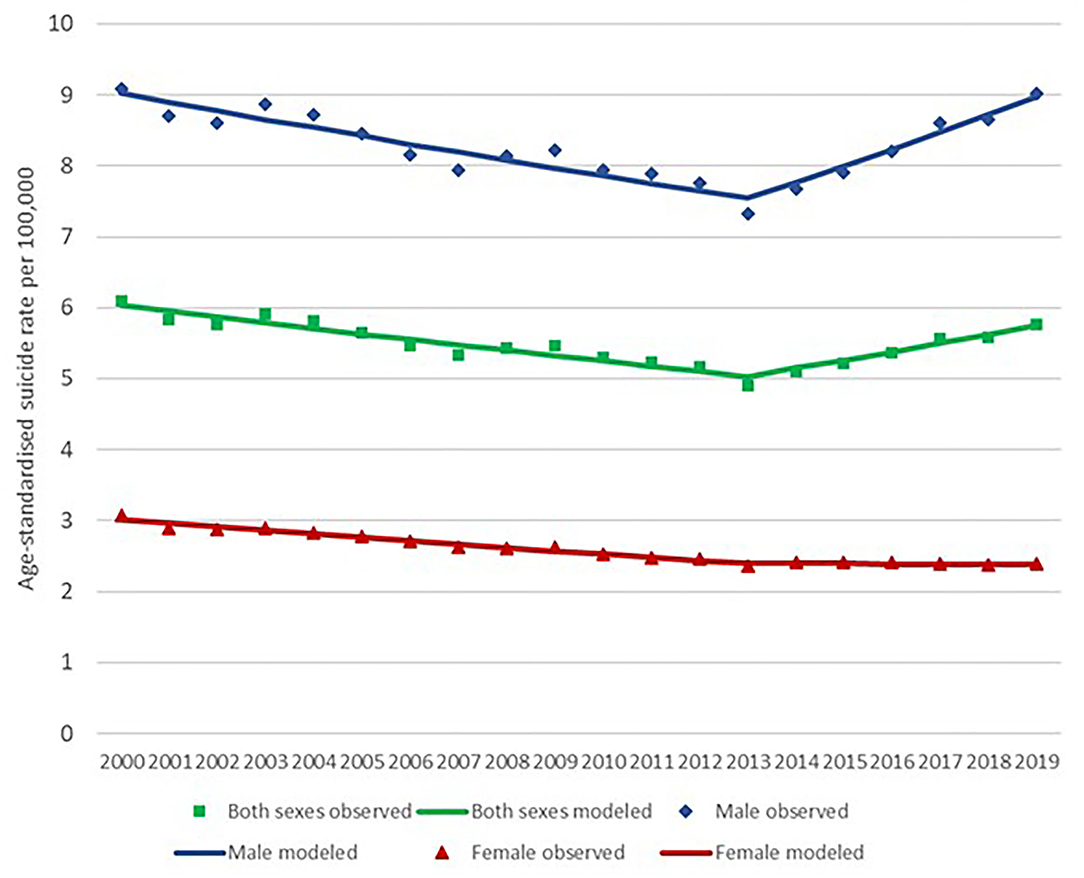
Global Statistics on Suicide
Statistics on suicide rates and prevalence worldwide
World Suicide Prevention Month is observed every September to raise awareness about suicide prevention and mental health. According to the World Health Organization (WHO), approximately 800,000 people die by suicide each year, making it a global public health concern.
Here are some key statistics on suicide rates and prevalence worldwide:
- Suicide is the 10th leading cause of death globally.
- Every 40 seconds, someone dies by suicide.
- For every completed suicide, there are many more people who attempt suicide.
- Suicide rates are higher among men than women in most countries.
- Mental health conditions, such as depression, bipolar disorder, and substance abuse, are often associated with suicidal behavior.
- Social factors like isolation, unemployment, poverty, and access to lethal means can contribute to suicide risk.
It is important to remember that suicide is preventable, and everyone can play a role in supporting those who may be struggling. Creating awareness, promoting mental health education, and providing access to resources and support services are crucial steps in reducing the global burden of suicide.
If you or someone you know is in crisis or experiencing suicidal thoughts, reach out to a helpline or mental health professional for assistance. Remember, you are not alone, and help is available

Understanding Suicide and Mental Health
Causes and risk factors of suicide, importance of mental health awareness
World Suicide Prevention Month is an important time to raise awareness about the causes and risk factors of suicide, as well as the importance of mental health awareness. It is crucial to understand that suicide is a complex issue with multiple factors involved, including mental health conditions, social isolation, and personal circumstances. By promoting mental health awareness, we can reduce stigma, increase access to support services, and encourage individuals to seek help when they need it. Together, we can make a difference in preventing suicide and supporting those who are struggling with their mental health

Suicide Prevention Strategies and Initiatives
Overview of various strategies and initiatives aimed at preventing suicide
World Suicide Prevention Month is an important time to raise awareness about the devastating impact of suicide and the need for prevention. Governments, organizations, and communities around the world are implementing various strategies and initiatives to address this global issue. These efforts include:
- Education and Awareness: Providing information and resources to increase public awareness about suicide risk factors, warning signs, and available support services.
- Mental Health Support: Expanding access to mental health services, counseling, and therapy to ensure individuals receive the help they need.
- Training Programs: Training healthcare professionals, educators, and community members in suicide prevention techniques, such as identifying at-risk individuals and providing appropriate support.
- Hotline Services: Establishing helplines or crisis hotlines where individuals in distress can seek immediate assistance from trained professionals.
- Collaboration: Encouraging collaboration between government agencies, healthcare providers, non-profit organizations, and community groups to develop comprehensive suicide prevention strategies.
- Reducing Stigma: Promoting open discussions about mental health and suicide to reduce stigma and encourage individuals to seek help without fear of judgment or discrimination.
- Research and Data Collection: Investing in research to better understand the underlying causes of suicide and identify effective prevention strategies.
By implementing these strategies and initiatives, we can work towards reducing the incidence of suicide and providing support for those who are struggling. Together, we can create a world where everyone has access to the resources they need to prevent suicide and promote mental well-being.
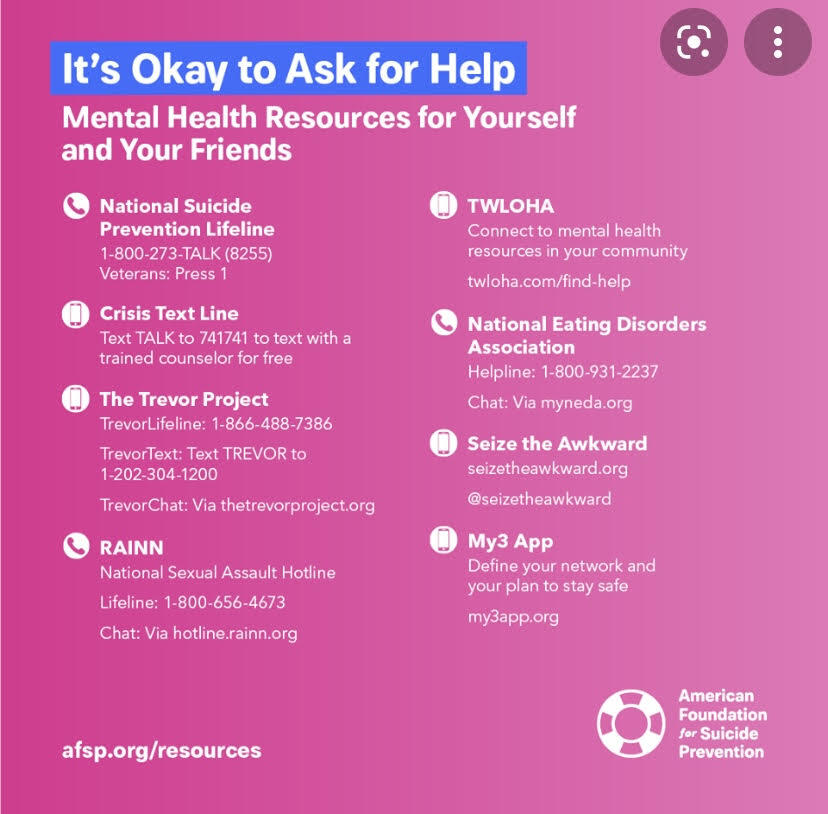
Resources for Mental Health Support
List of helplines, hotlines, and organizations providing mental health support
World Suicide Prevention Month is an important time to raise awareness about mental health and provide support to those in need. If you or someone you know is struggling with their mental health, there are numerous resources available. Here is a list of helplines, hotlines, and organizations that provide mental health support:
- National Suicide Prevention Lifeline: 1-800-273-TALK (8255)
- Available 24/7, this helpline offers free and confidential support for individuals in distress or crisis.
- Crisis Text Line: Text “HELLO” to 741741
- This text-based crisis hotline provides immediate support and resources for anyone in crisis.
- Mental Health America: www.mhanational.org
- Mental Health America offers a variety of resources, including screening tools, educational materials, and information on finding help.
- National Alliance on Mental Illness (NAMI): www.nami.org
- NAMI provides support, education, and advocacy for individuals and families affected by mental illness.
- The Trevor Project: 1-866-488-7386
- This helpline provides crisis intervention and suicide prevention services specifically for LGBTQ+ youth.
Remember, seeking help is a sign of strength, and you don’t have to face your struggles alone. Reach out to these resources or share them with someone who may need them. Let’s work together to promote mental health and prevent suicide.
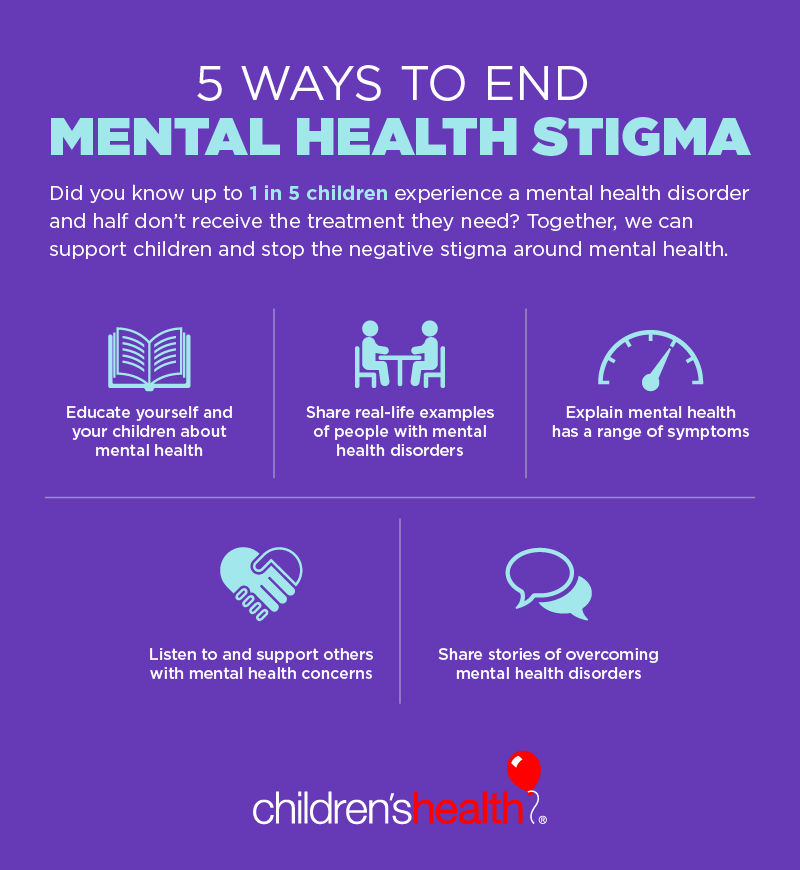
Mental Health Stigma and Breaking the Silence
Discussion on the stigma surrounding mental health and how to combat it
World Suicide Prevention Month is an important time to raise awareness about mental health and combat the stigma surrounding it. The stigma surrounding mental health often prevents individuals from seeking help and support, leading to devastating consequences. It is crucial to break the silence and encourage open conversations about mental health.
To combat the stigma, education and awareness play a vital role. By providing accurate information about mental health conditions, we can dispel myths and misconceptions. Additionally, promoting empathy and understanding can help create a supportive environment for those struggling with their mental health.
Encouraging individuals to speak up about their experiences and share their stories can also contribute to breaking the silence. This not only helps reduce the shame associated with mental health but also allows others to feel less alone in their struggles.
Furthermore, it is essential to provide accessible resources and support systems for individuals in need. This includes promoting mental health services, helplines, and therapy options. By ensuring that help is readily available, we can encourage individuals to seek assistance without fear of judgment or discrimination.
World Suicide Prevention Month serves as a reminder that everyone has a role to play in supporting mental health and breaking the silence surrounding it. Together, we can create a more compassionate society that prioritizes mental well-being and supports those in need.

Signs and Symptoms of Suicide Risk
Recognizing warning signs and symptoms of suicide risk in individuals
World Suicide Prevention Month aims to raise awareness about the signs and symptoms of suicide risk. It is crucial to recognize these warning signs in individuals to provide timely support and intervention. Some common signs include:
- Changes in behavior: Sudden withdrawal from social activities, increased irritability, or a loss of interest in previously enjoyed activities.
- Talking about suicide: Expressing feelings of hopelessness, talking about death or dying, or making direct statements about wanting to end their life.
- Mood swings: Frequent and extreme mood changes, including feelings of sadness, guilt, or worthlessness.
- Isolation: Withdrawing from friends and family, avoiding social interactions, or isolating oneself from others.
- Substance abuse: Increased use of drugs or alcohol as a way to cope with emotional pain.
- Sleep disturbances: Significant changes in sleep patterns, such as insomnia or excessive sleeping.
- Giving away belongings: Making arrangements to give away personal possessions or saying goodbye to loved ones.
It is important to remember that these signs may vary from person to person, and not everyone who exhibits these signs is at immediate risk of suicide. However, if you notice any of these warning signs in someone you know, it is crucial to take them seriously and seek professional help immediately.
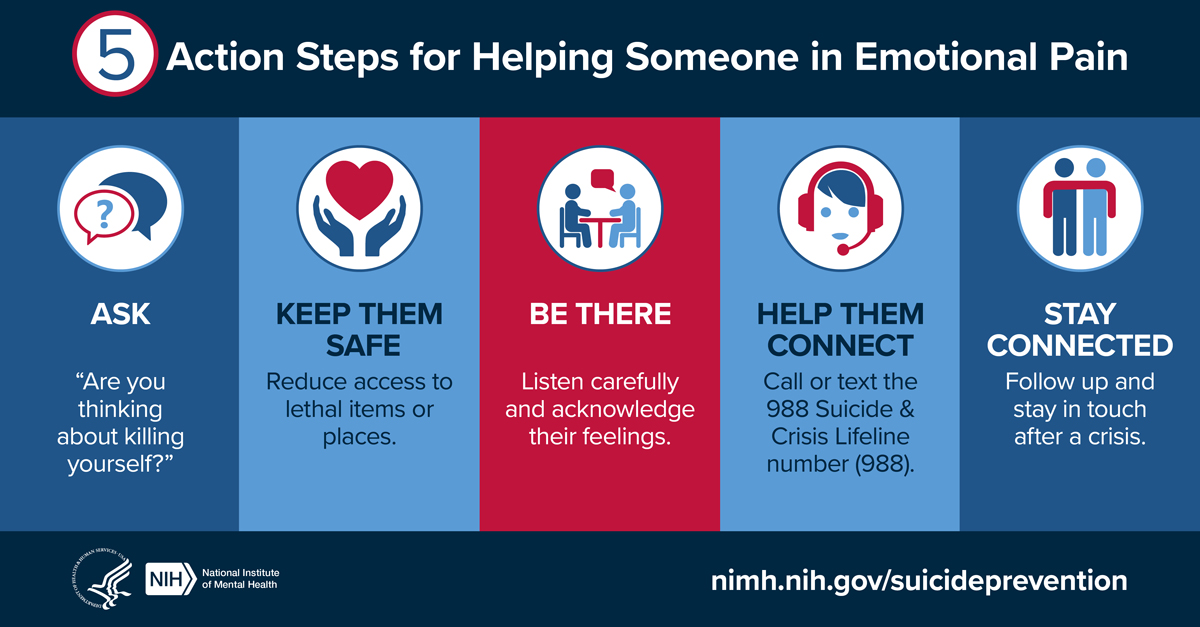
Supporting Loved Ones and Practicing Self-Care
Tips for supporting friends and family struggling with mental health and the importance of self-care
September is recognized as World Suicide Prevention Month, a time to raise awareness about mental health and promote strategies to prevent suicide. During this month, it is crucial to focus on supporting our loved ones who may be struggling with their mental health and practicing self-care to maintain our own well-being.
When it comes to supporting friends and family, it is essential to:
- Listen without judgment: Create a safe space for them to express their feelings without fear of being judged.
- Show empathy: Validate their emotions and let them know that you are there for them.
- Encourage professional help: Suggest seeking help from a mental health professional who can provide appropriate guidance and support.
- Stay connected: Regularly check in on them and offer your support, even if it’s just a simple text or phone call.
In addition to supporting others, practicing self-care is equally important. Here are some self-care tips:
- Prioritize your well-being: Make time for activities that bring you joy and relaxation.
- Set boundaries: Learn to say no when necessary and avoid overextending yourself.
- Take care of your physical health: Engage in regular exercise, eat nutritious meals, and get enough sleep.
- Seek support: Reach out to friends, family, or a therapist when you need someone to talk to.
By supporting our loved ones and prioritizing our own well-being, we contribute to creating a supportive environment that can help prevent suicide and promote mental health awareness throughout World Suicide Prevention Month.
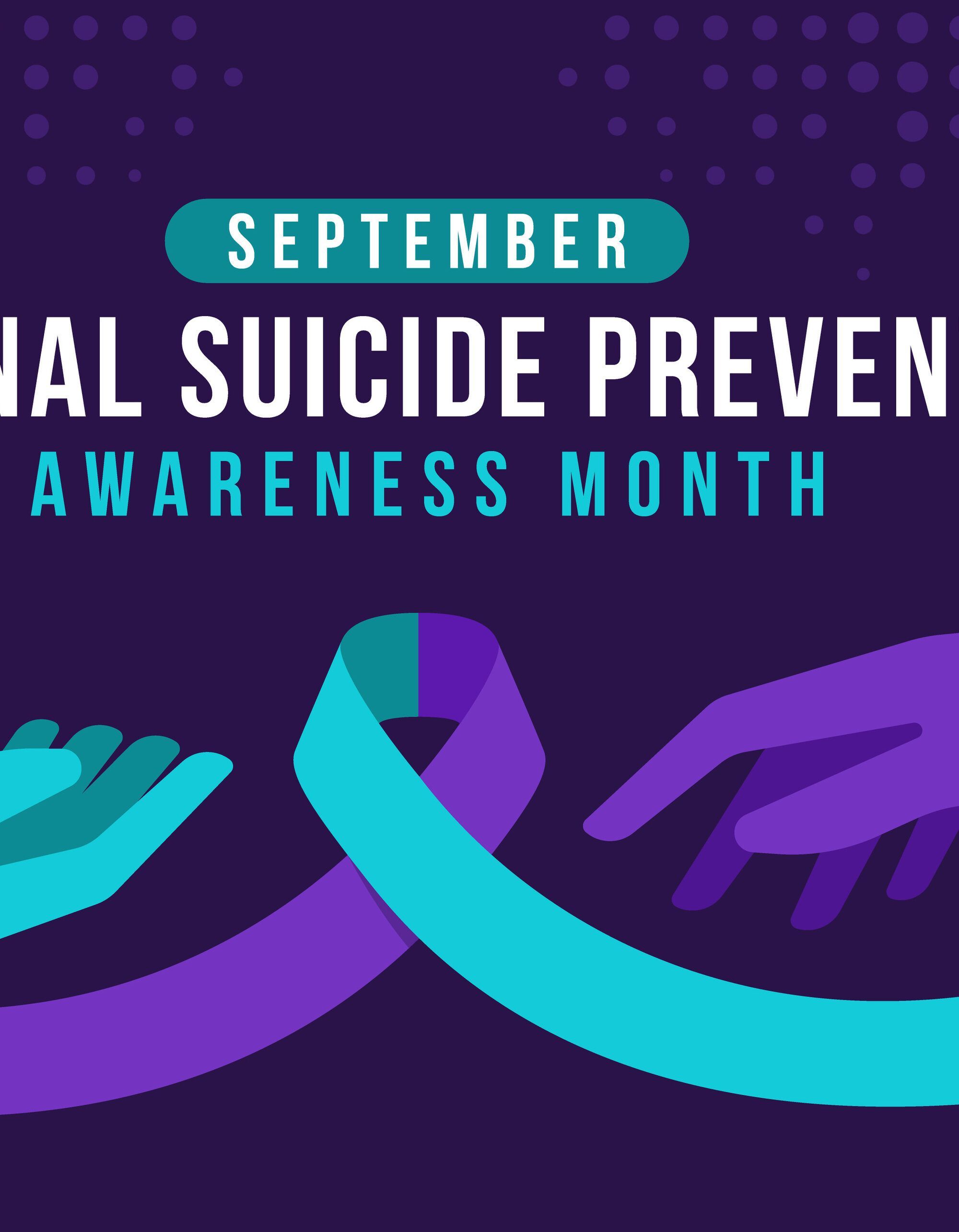
Spreading Awareness and Taking Action
Ideas on how to spread awareness about suicide prevention and take action during World Suicide Prevention Month
World Suicide Prevention Month, observed annually in September, aims to raise awareness about the importance of mental health and suicide prevention. During this month, individuals and organizations can play a vital role in spreading awareness and taking action to support those at risk. Here are some ideas on how to get involved:
- Organize events: Host educational workshops, conferences, or webinars to provide information on suicide prevention, mental health support, and coping strategies.
- Share resources: Utilize social media platforms to share helpful resources, such as helpline numbers, mental health websites, and self-care tips.
- Support local initiatives: Collaborate with local mental health organizations or community centers to organize fundraisers or volunteer activities that promote mental well-being.
- Start conversations: Encourage open dialogue about mental health by sharing personal stories or experiences. This can help reduce the stigma surrounding mental illness.
- Offer training: Provide training sessions on suicide prevention techniques, such as recognizing warning signs and offering support to individuals in crisis.
- Participate in awareness campaigns: Join online campaigns or initiatives that aim to raise awareness about suicide prevention. Use hashtags like #WorldSuicidePreventionMonth to amplify the message.
Remember, small actions can make a big difference in someone’s life. By spreading awareness and taking action during World Suicide Prevention Month, we can contribute to creating a world where mental health is prioritized and lives are saved.
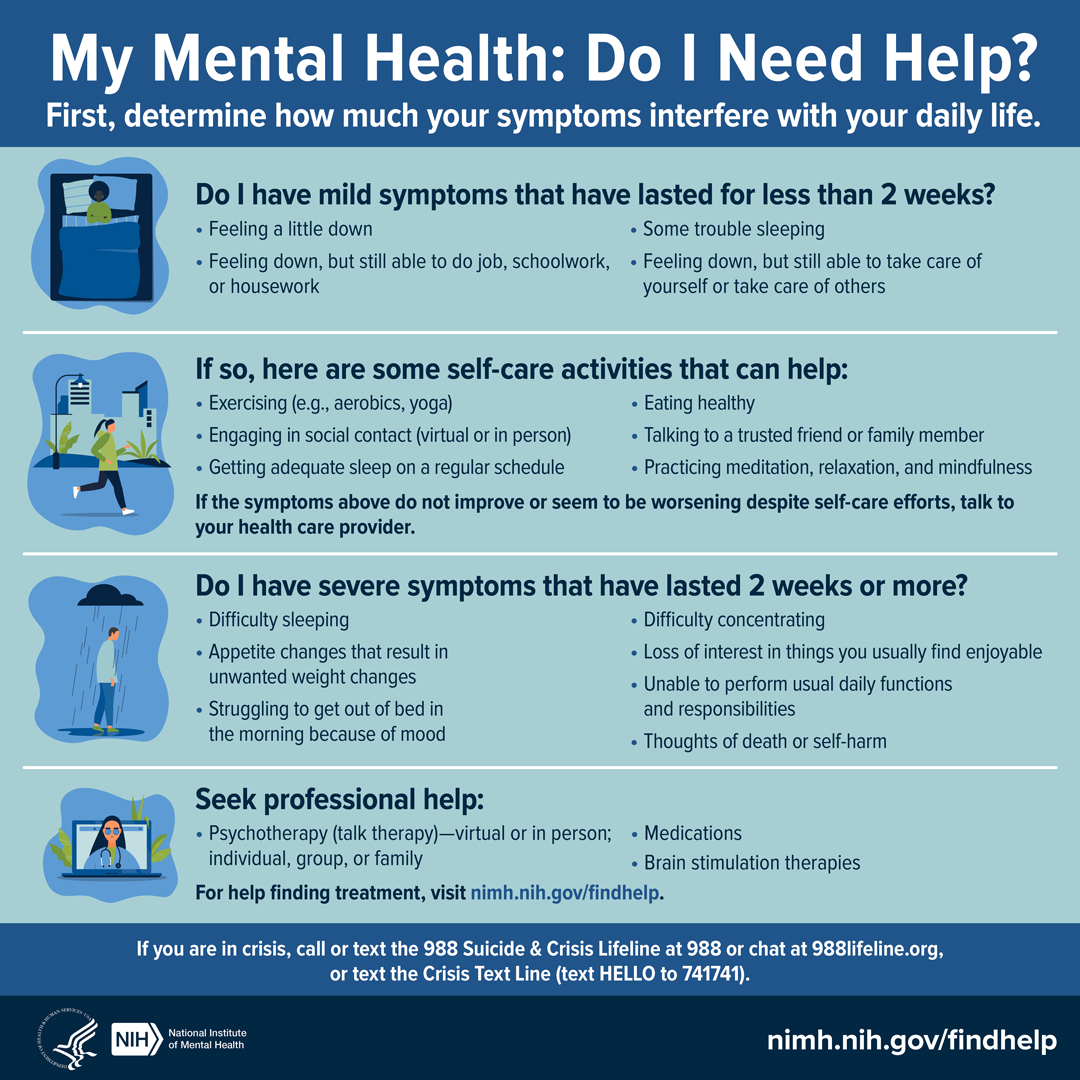
Conclusion
Summary and closing thoughts on the importance of suicide prevention year-round.
World Suicide Prevention Month serves as a crucial reminder of the importance of addressing mental health and preventing suicide. It is a time to raise awareness, promote understanding, and provide support to those who may be struggling. However, it’s essential to remember that suicide prevention efforts should not be limited to a single month. Mental health support and suicide prevention should be prioritized year-round, with ongoing education, resources, and accessible services. By working together and fostering a supportive environment, we can make a difference in saving lives and promoting mental well-being. Let us continue to advocate for suicide prevention every day and ensure that no one feels alone in their struggle.

